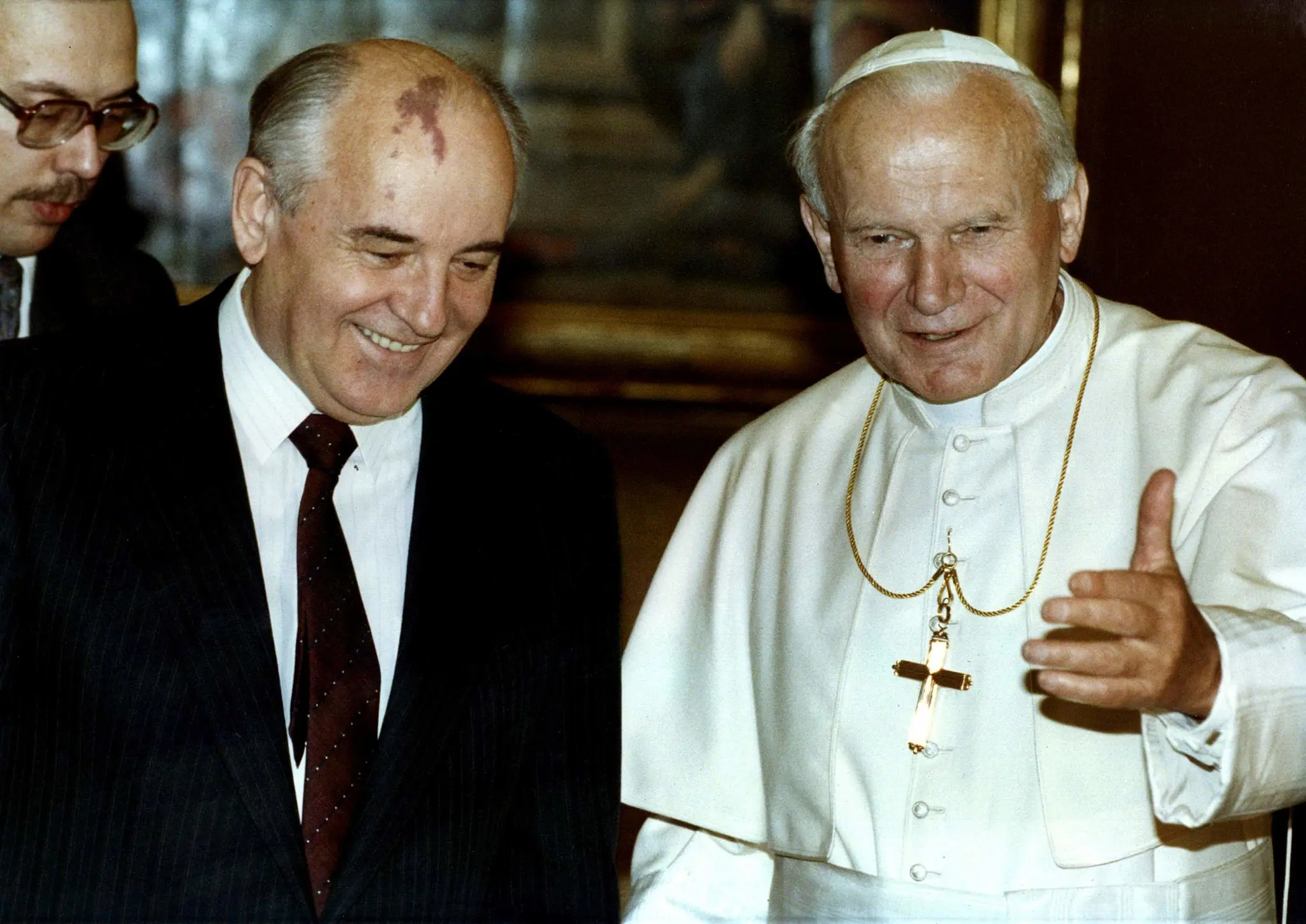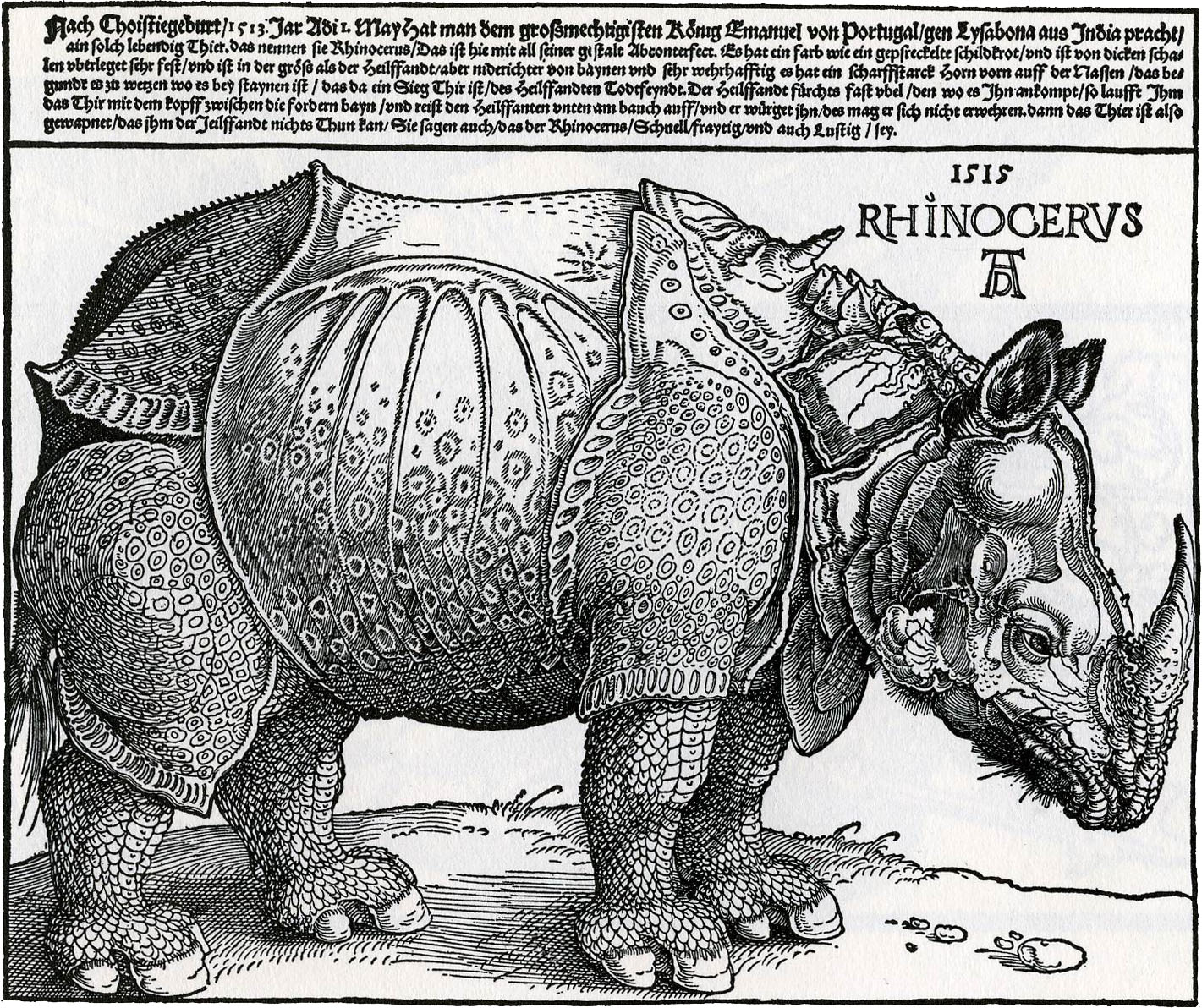Scott Galloway: Rick, over the last decade, I was fascinated when you were talking about media mix. If you had a hundred bucks to spend on media, how has that mix changed in terms of where you spend that money? And if you could only go with one platform or channel to spend money, what would that be?
[Rick] Wilson: Twenty years ago, obviously the mix was 99 to 1. Or 99.5 to …
Galloway: TV?
Wilson: For TV.
Galloway: Even direct mail?
Wilson: Direct mail as a persuasion tool has been dead for decades. Direct mail is good for raising money. And even that is dying off.
Galloway: So, it was all TV. What is it now? You got a hundred bucks. Where do you spend it?
Wilson: If I have a hundred bucks right now, I spend 30 bucks on cable, I spend 35 bucks on digital, I spend 15 on broadcast. And then I do a mix of other stuff out there, depending on the market and the audience. There are still markets in this country that are great for radio. It’s insane.
Galloway: What platform has the best tools? I think I know what the answer is going to be.
Wilson: The hellscape that is Facebook is the most meaningful tool of political manipulation ever devised in the history of all mankind.
-- "How the Lincoln Project Gets Into Trump’s Head," New York Magazine, July 21, 2020






